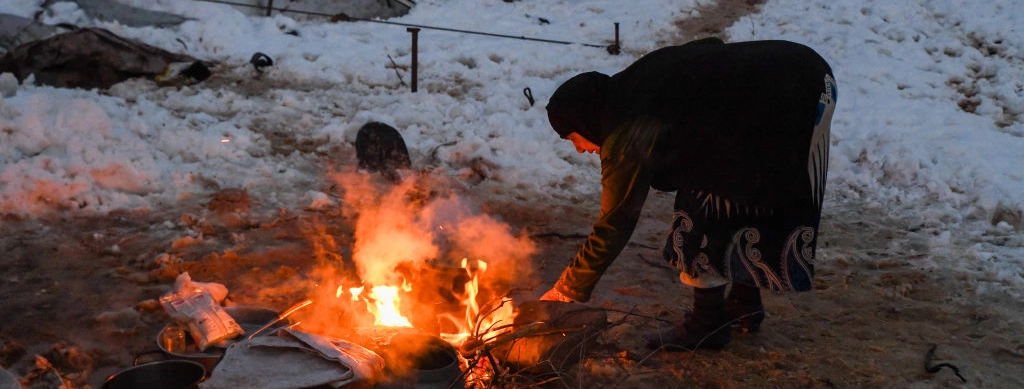Russia’s veto today is an irresponsible political game for which innocent Syrian civilians will pay the price.
Agnès Callamard, Amnesty International
Responding to the Russian veto on extending a UN Security Council draft resolution that would have renewed the provision of cross-border humanitarian aid for twelve months to north-west Syria, Agnès Callamard, Amnesty International’s Secretary General, said:
“This veto comes after a series of compromises with Russia and China, starting with the closure of two crossing points in the past two years and ending with the dismantling of the UN mechanism. The draft resolution vetoed today had still further compromises with Russia on the terms for continuing cross-border aid.
“Russia tabled an alternative resolution for only a six-month renewal that was supported by only two Council members, far less than the nine votes required.
“The Russian veto will effectively close the last lifeline for at least four million people in north-west Syria who depend on UN aid for survival. This will only exacerbate the humanitarian crisis but will also lead to a humanitarian catastrophe as men, women and children living in north-west Syria will no longer receive food or access to essential services such as housing, water and healthcare.
“Russia’s veto today is an irresponsible political game for which innocent Syrian civilians will pay the price. Russia should join the 13 Council members who supported a full 12-month renewal and refrain from further use of veto against the extension of life-saving humanitarian aid for twelve months.
Background
The UN cross-border aid delivery mechanism was established by resolution 2165 (2014) for the UN and its implementing partners to provide aid, without the Syrian government’s authorisation. Since then, the UN and its implementing partners as well as other humanitarian organizations have been providing assistance and services such as food, water, hygiene, sanitation, health, education and protection for people living in north-west Syria, including IDPs, across the border from Turkey to north-west Syria.
In a new report, ‘Unbearable living conditions’: Inadequate access to economic and social rights in displacement camps in north-west Syria, Amnesty International details how, as a consequence of the Syrian government’s denial or obstruction of displaced people’s access to economic and social rights, IDPs living in dire conditions in camps are extremely vulnerable and entirely dependent on international aid for survival.





















